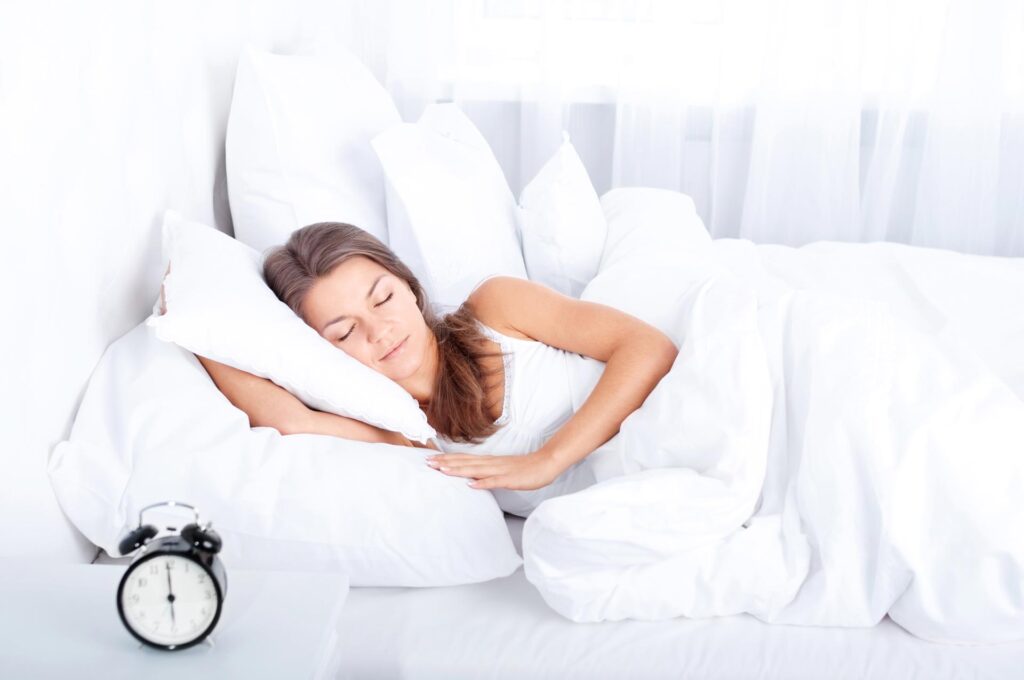Sleep
The Essential Role of Sleep in Enhancing Health and Well-being
Sleep is perhaps one of the most important lifestyle factors that can impact our overall health and well-being. Sleep affects numerous tissues and organ systems, and influences intellectual performance and mood. Inadequate sleep increases the risk of developing chronic conditions such as depression, anxiety, chronic stress, obesity, diabetes, and cardiovascular disease. The American Academy of Sleep Medicine recommend at least 7 hours of sleep to prevent health risk. Many individuals, however, struggle to meet this minimum recommendation due to various lifestyle-related factors including job related or occupational stressors, social obligations, and technological devices (Phone, Pads). Sleep disorders such as sleep apnea and other sleep related conditions need to be ruled out with further studies.

Recommendations:
Take Home Notes
Developing a nightly routine and implementing the above recommendations will help your circadian rhythm and it will improve the signal to your brain that your body is ready to rest and fall asleep. If you continue to have difficulty sleeping, seek medical help.
